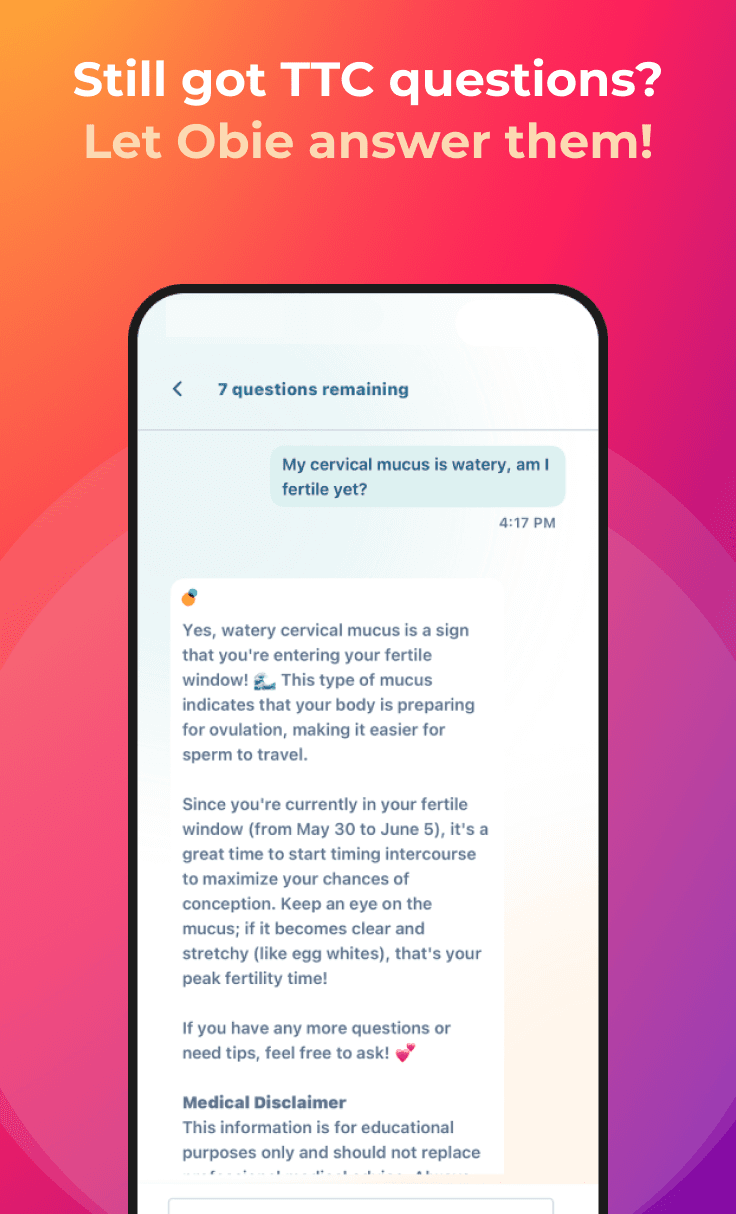Egg Freezing for Fertility Preservation
Fertility Treatment
Obie Editorial Team
Egg freezing is a method of fertility preservation for women. Cancer, age and family history of premature menopause are the most common reasons women choose to freeze eggs, though the process remains the same regardless of the reason.
Who is Eligible for Egg Freezing?
All women in their reproductive years areeligible for egg freezing, but the results of egg harvests and future embryo implantation depend on various factors, most notably age. Women who harvest eggs between 32 and 35 years of age have up to a 50% chance of pregnancy. Freezing that takes place after 35 years of age significantly reduces success rates. Between 35 and 38, success rates hover around 35%; that rate drops to 25% if women freeze eggs between 39 and 40. After 40, success rates plummet to 10% or lower.
How are Eggs Frozen?
Embryos and sperm are easy to freeze because they contain very little water. Eggs, on the other hand, contain the most water of any human cell and more water means increased risk of ice crystal formation. Ice crystals can cause cellular death leaving the egg impossible to fertilize.
Before freezing, eggs are washed with a liquid that dehydrates the cell. This reduces the risk of ice crystal formation. After dehydration, a slow freezing process is used to lower the temperature to the point of freezing. Vitrification, or flash freezing, is another method of egg freezing, but this process has not been clinically tested as thoroughly as the slow freezing method currently in use at most cryogenic facilities. Some experts believe flash freezing, which requires the egg be submerged in liquid nitrogen, may subject the egg to viruses.
How are eggs harvested for freezing?
Women are placed on birth control pills to stop normal hormonal production. While on birth control, hormone injections are self-administered for up to four weeks. An additional two weeks of hormone injections are prescribed to mature as many eggs as possible for harvesting. Women less than 38 years of age can expect to mature between 10 and 20 eggs per cycle.
How many eggs are needed for one pregnancy?
While exact numbers will depend on how many cycles are required to achieve pregnancy, it typically takes about 10 eggs for each cycle. Of the 10 eggs, four will not make it through the freezing and thawing process. Of the remaining six eggs, four to five can be expected to develop into embryos after sperm is injected directly into the egg. Fertility doctors then choose the best embryos for implantation. Between one and four embryos are typically placed in the uterus for possible implantation. More embryos implanted increases the rate of pregnancy and multiples.
How long can eggs be stored?
Eggs have been stored up to 10 years with resulting successful pregnancy. Experts believe longer freeze times are viable. The uterus does not age like the ovaries, so pregnancy in the 40s and 50s is a viable option, though late-in-life pregnancy is the subject of much debate.








